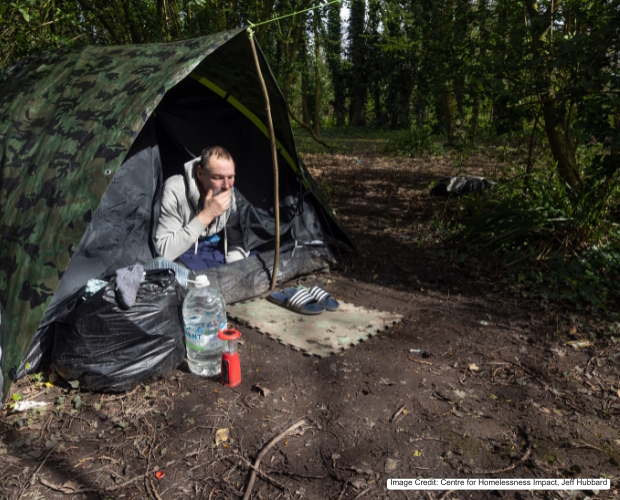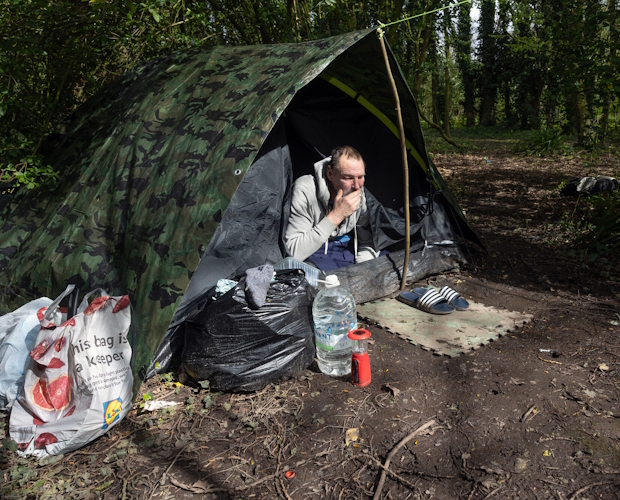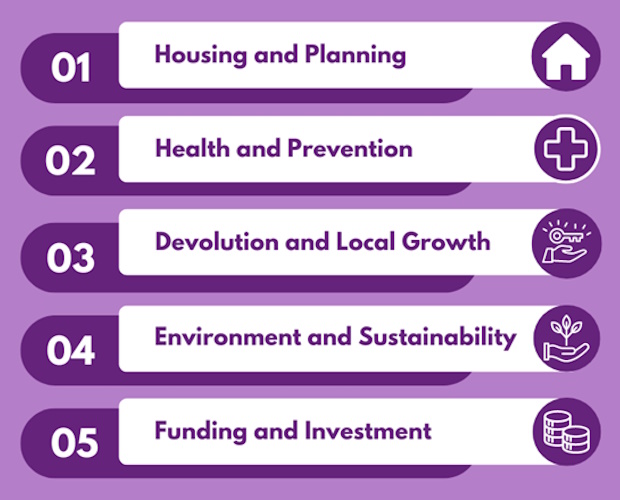T: 01822 851370 E: [email protected]
homelessness
The report " England’s Homeless Children: The Crisis in Temporary Accommodation ," recently published by the Housing, Communities and Local Government Committee , provides a comprehensive analysis of the escalating situation of homelessness affecting children across England. The report...
Every child should have a loving, secure home, but when it comes to housing, children get a raw deal.’ A recent report by the Children's Commissioner has highlighted the profound impact of housing instability on children's...
The government has announced an increase to the Rough Sleeping Winter Pressures Funding from £10 million to £30 million. This boost is aimed at helping councils across the country provide immediate support for individuals sleeping rough during the harsh winter...
Recently, Minister for Homelessness and Democracy, Rushanara Ali , addressed the House of Lords with a significant announcement outlining a substantial fiscal commitment aimed at tackling England’s escalating homelessness and rough sleeping issues for the fiscal year...
The Centre for Homelessness Impact (CHI) and the Rural Homelessness Counts Coalition , chaired by English Rural , have partnered to create a collection of free, non-stigmatising images of people who are experiencing homelessness in rural areas to...
Newly released figures from the government reveal that local authorities across England have been compelled to spend a staggering £1 billion on temporary accommodation for homeless households over the past year. This represents a significant increase, with councils now...
National homelessness charity Crisis has partnered with Rural Services Partnership Member, Community Heartbeat Trust (CHT), one of the UK’s leading resuscitation charities, to provide Crisis’ Skylight centres with defibrillators. The new defibrillators will...
In a collective appeal, leading organisations—The District Councils’ Network (DCN) , Local Government Association (LGA) , Crisis along with the County Councils Network , and the East of England Local Government Association —have ...
The Local Government Association (LGA) has published a comprehensive report, " Building a Better Future ", highlighting the critical economic and social advantages of implementing five-year housing funding regimes. This approach is positioned as a transformative solution to the...
The latest prospectus unveiled by the District Councils’ Network (DCN) outlines how district councils can collaborate effectively with the next Government. The document, titled "Closer to Communities: The district council prospectus for transforming local places," details the extensive...
NEWSLETTER
Sign up to receive all our latest news and updates.
HOT TOPICS
Amid reduced public spending, fair resource allocation across regions is crucial. Despite a population larger than Greater London, rural areas receive significantly less funding for essential services, even though delivering these services in rural areas is more expensive.
Economic growth is widely acknowledged as essential for national wealth and prosperity and is a priority for political parties. Rural economies, employing millions and home to a higher proportion of small businesses, have potential for growth if barriers are removed.
Rural residents face distinct healthcare challenges, including limited access to transport, longer distances to medical facilities, an aging demographic, housing inadequacies, digital connectivity gaps, and difficulties recruiting health and care workers.
Rural communities are grappling with a severe affordable housing crisis, marked by high house prices, a lack of affordable housing, elevated living costs, and lower incomes, threatening their sustainability and vitality.
Transport is vital for the quality of life and economic health of rural areas, yet it faces challenges such as infrequent public bus services and less Government funding compared to urban regions.
Rural areas, encompassing a substantial portion of England's population and land, play a pivotal role in combating climate change and achieving the net zero target.
In an increasingly digital world, the lack of robust digital infrastructure in rural areas severely limits access to crucial services and stifles economic growth.
A future-focused vision for rural communities involves not just building the right homes in the right places but also ensuring thriving, sustainable communities.
SIGN UP TO OUR NEWSLETTER
Sign up to our newsletter to receive all the latest news and updates.












